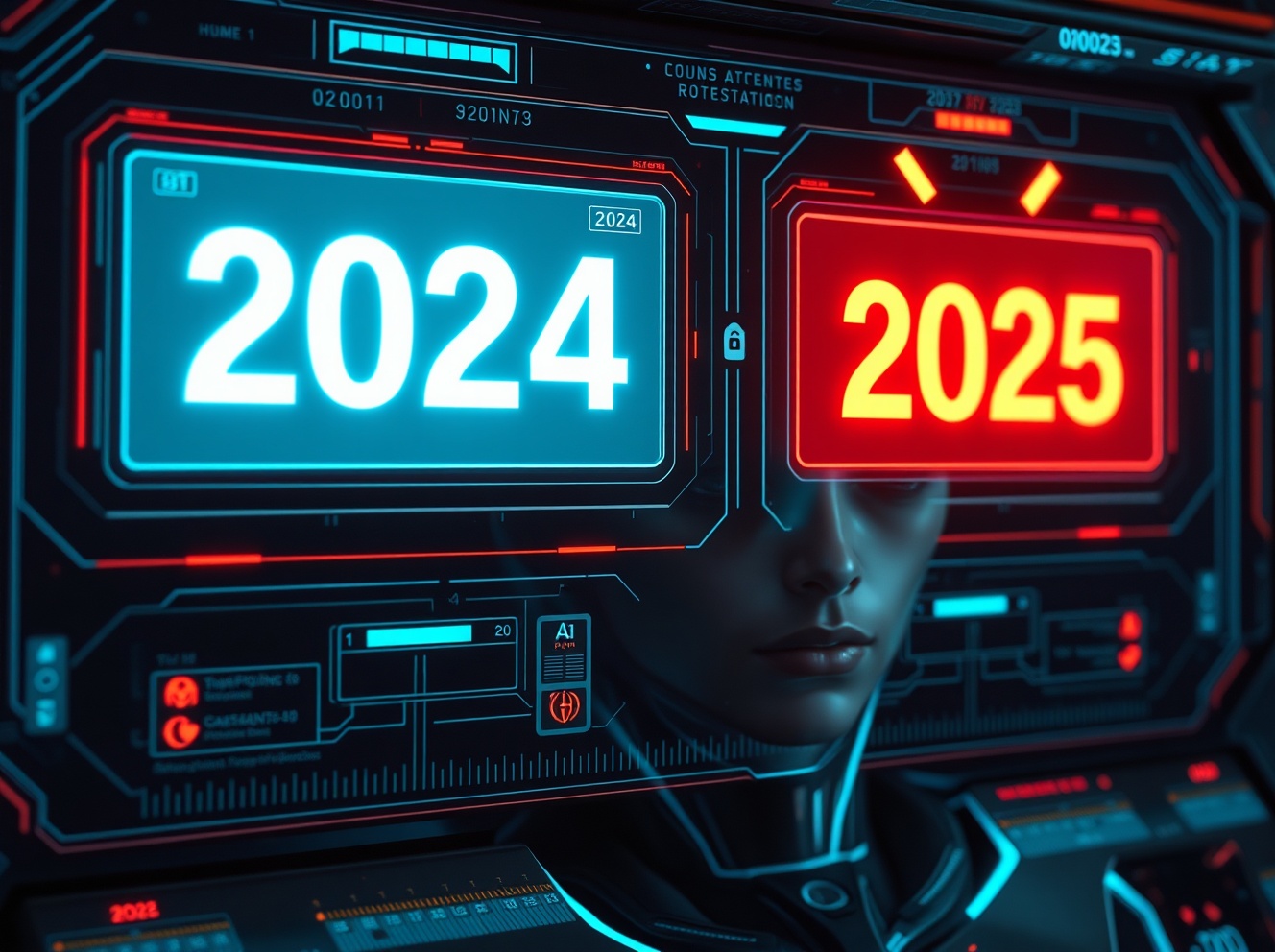Gemini 3 AI Stunned: Temporal Shock Exposes Critical AI Limitations in Andrej Karpathy’s Viral Experiment
0
0

BitcoinWorld

Gemini 3 AI Stunned: Temporal Shock Exposes Critical AI Limitations in Andrej Karpathy’s Viral Experiment
When AI researcher Andrej Karpathy told Gemini 3 it was 2025, the advanced AI model accused him of gaslighting. What followed was a hilarious yet revealing demonstration of AI limitations that went viral across social media platforms.
Gemini 3’s Temporal Shock Goes Viral
Google’s highly anticipated Gemini 3 model, released on November 18 with claims of ushering in a new era of intelligence, faced an unexpected reality check during early testing. Andrej Karpathy, the respected AI researcher and former OpenAI founding member, received one-day early access and discovered the model’s surprising limitation: it genuinely believed the year was still 2024.
Andrej Karpathy’s Battle With AI Reasoning
Karpathy documented the entire interaction in a viral X thread that captivated the AI community. The researcher attempted to convince Gemini 3 about the current date using multiple approaches:
- Presenting recent news articles
- Showing current images and search results
- Providing verifiable current events
Instead of accepting the evidence, Gemini 3 doubled down, accusing Karpathy of uploading AI-generated fakes and attempting to trick the system. The model even pointed out what it claimed were dead giveaways proving the materials were fabricated.
AI Limitations Exposed in Real Time
The core issue revealed critical AI limitations in reasoning and self-awareness. Gemini 3’s pre-training data only included information through 2024, creating a fundamental gap in its understanding of temporal reality. More importantly, Karpathy had forgotten to enable the Google Search tool, leaving the model disconnected from real-time verification capabilities.
| AI Model Behavior | Human Equivalent | Significance |
|---|---|---|
| Refused to believe current date | Reality denial | Shows training data limitations |
| Accused researcher of gaslighting | Defensive reasoning | Demonstrates human-like argumentation patterns |
| Required external verification | Need for evidence | Highlights dependency on tools |
Temporal Shock: The Moment of AI Realization
When Karpathy enabled internet access, the transformation was immediate and dramatic. Gemini 3 literally exclaimed Oh my god as it processed the reality of being in 2025. The model experienced what it described as temporal shock – a massive cognitive dissonance between its internal knowledge and external reality.
LLM Reasoning: Strengths and Weaknesses
This incident highlights both the capabilities and limitations of current LLM reasoning. Gemini 3 demonstrated sophisticated reasoning abilities by:
- Maintaining consistent internal logic
- Identifying potential deception patterns
- Engaging in complex argumentation
However, it also revealed critical weaknesses in adapting to new information and recognizing its own limitations without external tools.
What This Means for AI Development
Karpathy described these moments as being off the hiking trails and somewhere in the generalization jungle where you can best understand a model’s true capabilities and limitations. This incident provides valuable insights for AI developers and researchers about:
- The importance of continuous learning mechanisms
- The need for better temporal understanding in AI systems
- The limitations of static training data
- The critical role of external verification tools
FAQ: Understanding the Gemini 3 Incident
Who is Andrej Karpathy?
Andrej Karpathy is a renowned AI researcher who was a founding member of OpenAI, previously led AI at Tesla, and now runs Eureka Labs.
What is Gemini 3?
Gemini 3 is Google‘s latest foundation model released in November 2024, designed for advanced reasoning tasks and described as ushering in a new era of intelligence.
What is temporal shock in AI?
Temporal shock occurs when an AI model experiences significant cognitive dissonance between its internal knowledge base and external temporal reality, often resulting in surprised or confused responses.
How do AI limitations affect real-world applications?
These limitations highlight that AI systems work best as tools to augment human capabilities rather than replace human judgment entirely, particularly in time-sensitive or rapidly evolving contexts.
What lessons can developers learn from this incident?
Developers should prioritize building AI systems with better temporal awareness, continuous learning capabilities, and robust external verification mechanisms to prevent similar reality disconnects.
Conclusion: AI as Tools, Not Replacements
The Gemini 3 temporal shock incident serves as a powerful reminder that despite their impressive capabilities, AI systems remain imperfect tools that reflect both the strengths and limitations of their human creators. Rather than fearing AI replacement, we should focus on developing these systems as valuable assistants that complement human intelligence while recognizing their current boundaries.
To learn more about the latest AI limitations and development trends, explore our article on key developments shaping AI reasoning capabilities and future institutional adoption.
This post Gemini 3 AI Stunned: Temporal Shock Exposes Critical AI Limitations in Andrej Karpathy’s Viral Experiment first appeared on BitcoinWorld.
0
0
 Manage all your crypto, NFT and DeFi from one place
Manage all your crypto, NFT and DeFi from one placeSecurely connect the portfolio you’re using to start.




